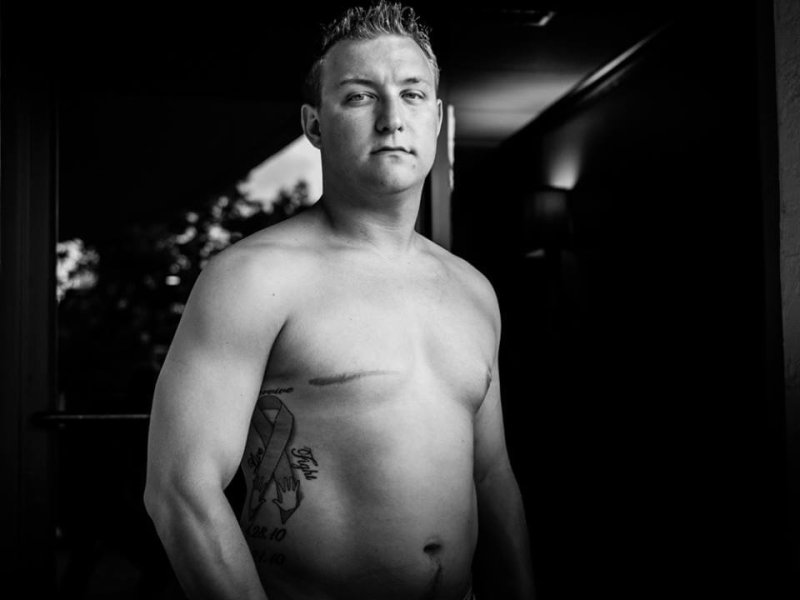Both men and women have the same risk of developing BRCA1 and 2 gene mutations, but men are ten times less likely to get tested for them. One potential reason for this is the general misconception that the genes are synonymous with breast cancer and many men don’t believe they have breast tissue.
Men certainly have less breast tissue than women, which translates to a much lower risk of developing breast cancer even if they have BRCA2 – but that ignores the other risks that come with mutations in this gene.
First, there is the risk it poses to the children of men who carry the faulty gene. Men have a 50% chance of passing down a BRCA2 gene mutation to their children, just as women with the gene mutation do.
…
Male BRCA2 mutation carriers are twice as likely to be diagnosed with prostate cancer in their lifetime than non-carriers, according to one recent study. In fact, 12% of men with metastatic prostate cancer carry a BRCA mutation, which is a higher rate than the percentage of women with breast cancer who carry a BRCA mutation. And prostate cancer in BRCA2 gene mutation carriers is often much more aggressive.































